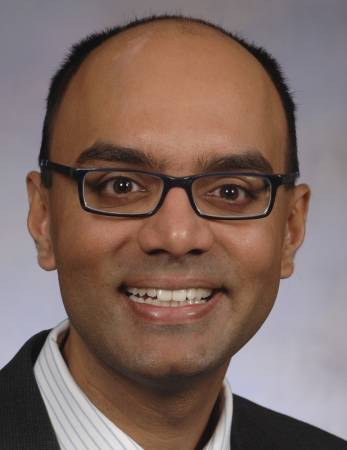
VASC Seminar
March

3:00 pm to 4:00 pm
GHC 6501
Abstract: Most cameras today capture images without considering scene content. In contrast, animal eyes have fast mechanical movements that control how the scene is imaged in detail by the fovea, where visual acuity is highest. This concentrates computational (i.e. neuronal) resources in places where they are most needed. The prevalence of foveation, and the wide variety of it, makes it very clear that this is an effective visual design strategy. If robotic drones had this kind of low power vision, we could imagine massive impact on a variety of fields. Allowing these small devices to reliably sense their surroundings has the potential for a major transformation in computer vision. In this talk, I cover our recent work on creating cameras and algorithms that enable fast, selective imaging. The key challenge is that these algorithms require novel camera designs with fast and low-power control of the physical properties that influence image formation. I will discuss examples of such cameras, LIDARs and projectors that utilize newly available, next generation micro-mechanical optics.
Bio: Sanjeev J. Koppal is an assistant professor at the University of Florida’s ECE department. Prior to joining UF, he was a researcher at the Texas Instruments Imaging R&D lab. Sanjeev obtained his Masters and Ph.D. degrees from the Robotics Institute at Carnegie Mellon University, where his adviser was Prof. Srinivasa Narasimhan. After CMU, he was a post-doctoral research associate in the School of Engineering and Applied Sciences at Harvard University, with Prof. Todd Zickler. He received his B.S. degree from the University of Southern California in 2003. His interests span computer vision, computational photography and optics and include novel cameras and sensors, 3D reconstruction, physics-based vision and active illumination. His lab is supported by the NSF, UF MIST, the ONR and the DHS.
Homepage: http://focus.ece.ufl.edu/